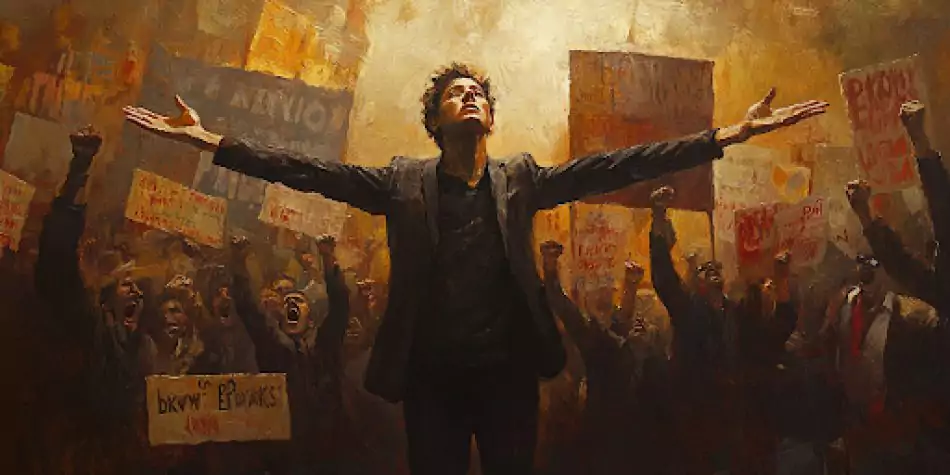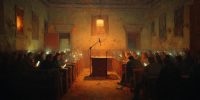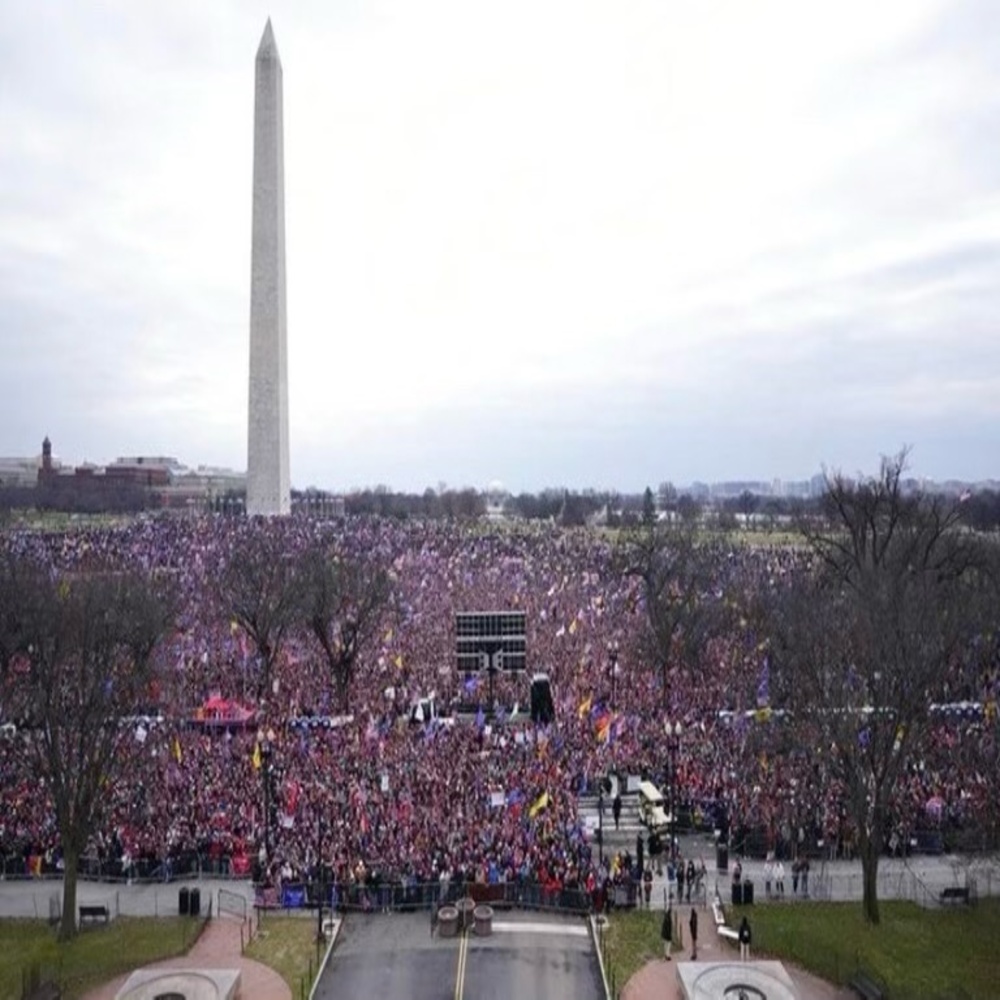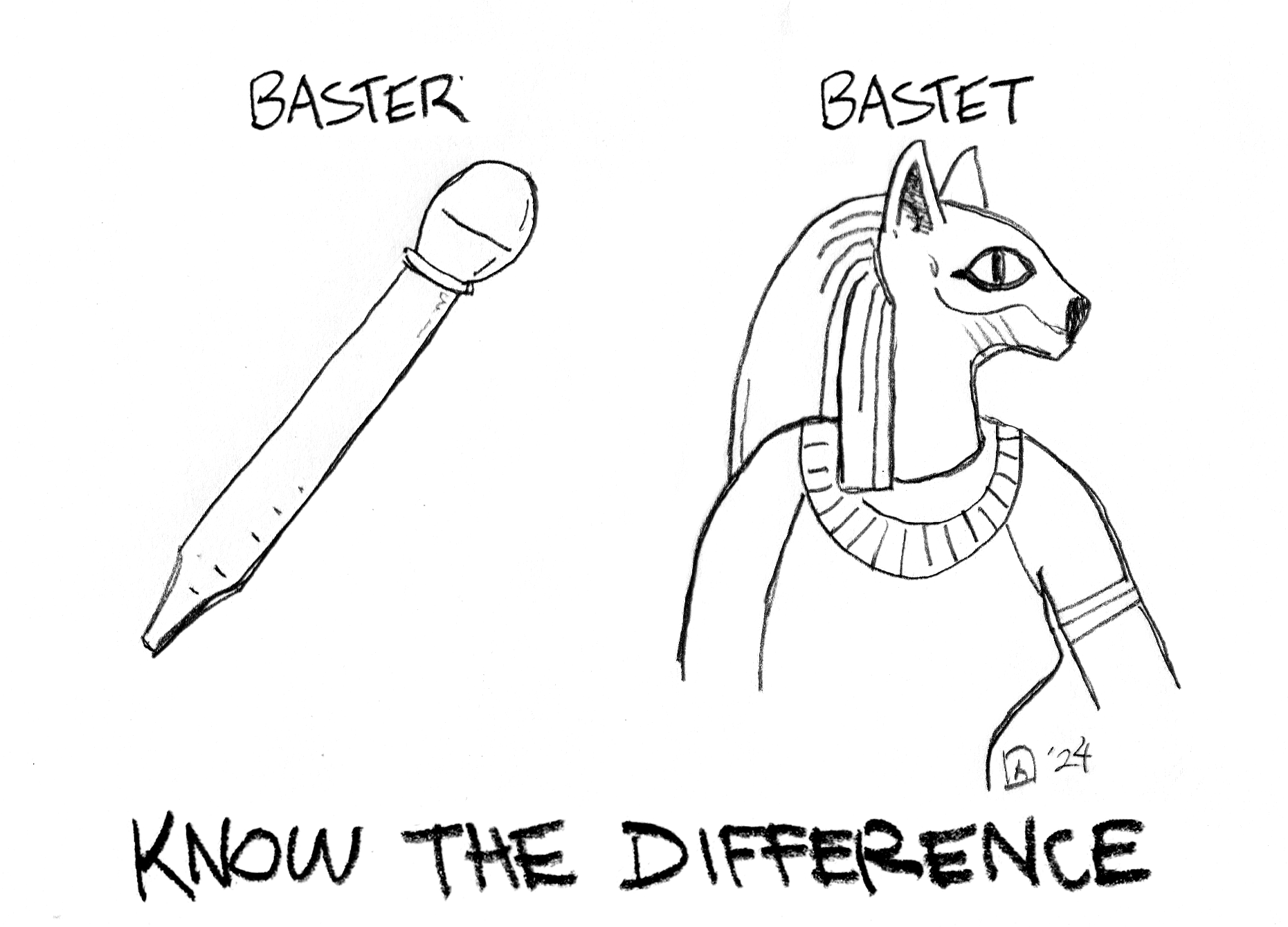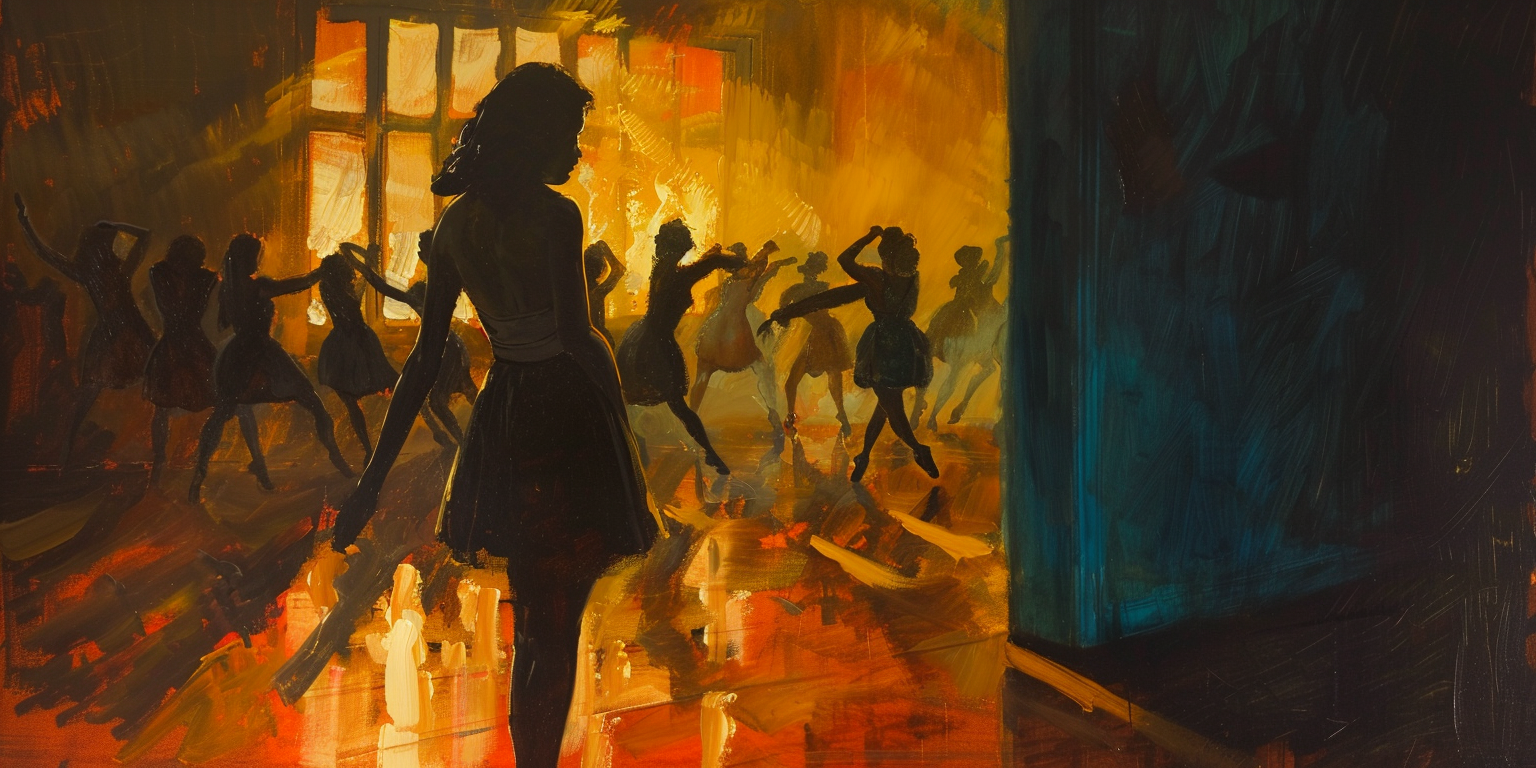During political election seasons, it is common to hear framing of political choices in terms of increases and decreases in freedom. From gun control to abortion to climate regulations to immigration, political messaging is designed to evoke fear of loss of freedom.
For the Christian, freedom has a dimension that is much more deep and consequential. There is a hint of this fact in the words of Jesus: “And fear not them which kill the body, but are not able to kill the soul: but rather fear him which is able to destroy both soul and body in hell.” Much of our discourse around freedom is centered on bodily freedoms, and comparatively little of our discourse addresses freedom of the soul. Edmund Burke famously spoke to the interrelatedness of these dimensions of freedom:
Men are qualified for civil liberty in exact proportion to their disposition to put moral chains upon their own appetites, — in proportion as their love to justice is above their rapacity,—in proportion as their soundness and sobriety of understanding is above their vanity and presumption,—in proportion as they are more disposed to listen to the counsels of the wise and good, in preference to the flattery of knaves. Society cannot exist, unless a controlling power upon will and appetite be placed somewhere; and the less of it there is within, the more there must be without. It is ordained in the eternal constitution of things, that men of intemperate minds cannot be free. Their passions forge their fetters.
The intemperate mind referred to by Burke is only a reflection of the state of our soul, the degree of our alignment with God’s understanding of reality. When Christ brought this understanding to humanity in person, His message was one of profound freedom, of a kind that most people never fully know. Like most societies throughout history, Judeans in the time of Christ were concerned with physical freedom from oppressive political enemies. The violent oppression of Rome in that time was very real, and Judeans’ hopes for physical deliverance are very understandable. A refusal to be wrapped tightly in our grievance narratives.
Years ago, amid the mockery and slander of the Book of Mormon musical, theatergoers opened their playbills to find an ad placed by The Church of Jesus Christ of Latter-day Saints, which read, “You’ve seen the musical; now read the book.” This ad was a declaration of inner freedom: we, as a church, are free to choose our response to mockery and slander. When you attempt to provoke our outrage, we are free to not become consumed with outrage.
Inner freedom is the hardest kind to obtain and, I confess, it is not my usual state. I only sometimes experience it. I am as prone as anyone to reactive states of mind, to wrapping myself tightly in the unfreedom of grievance narratives. I believe that in the West, inner freedom can be difficult to accept because our approach to spirituality is often achievement-oriented. We tend to think of the gospel in terms of getting, obtaining, and achieving. Inner freedom requires subtraction spirituality, with different terms like letting go, surrender, and allowing. These approaches to spirituality are not mutually exclusive; they are both vitally important. In achievement spirituality, we demonstrate to God what we desire, and in subtraction spirituality, we demonstrate to God whom we trust.
The Anna Option
A core question in both spirituality and mental health is the locus of control: where do we perceive our well-being to be located? Do we believe that we are empowered to develop wellness, or do we believe that our ability to be well exists outside of ourselves, depending upon the actions of “powerful others?” Numerous studies in psychology have shown that an internal locus of control results in more life satisfaction and well-being, while an external locus of control creates in people the opposite: turmoil, conflict, and despair.
In the Gospel of Luke, the story of Anna is a lesson in the power of internal locus of control. We are told that Anna was a “prophetess” and was one of two people who received revelation when the infant Jesus was brought to the temple. Anna was a widow who “departed not from the temple, but served God with fastings and prayers night and day.” We know of no formal explanation in Jewish law for the prophetic role that Anna developed. We only know of her extensive fasting (a core discipline in subtraction spirituality) and service in the temple, with the result that she had developed prophetic gifts. Her sense of empowerment to do these things was an outgrowth of her internal locus of control.
Recently, Amanda Freebairn published an article interestingly titled “Living my faith more, instead of just thinking about it more.” She told her story of faith development:
As I began questioning my faith, as so many young adults do, I thought answers could be better found in the work of scholars than from my ward members bearing their personal testimonies of God…
I haven’t “figured it all out.” But I love going to church. I love my ward and I no longer feel different or isolated in my church community. I look forward to general conference of the Church of Jesus Christ and try to listen to a talk every day. They are no longer a source of frustration or angst for me.
I also love President Russell M. Nelson, and I fully sustain him as a prophet of God, not just a nice older man.
What changed? The major turning point was when I had the impression that I needed to ease up on the “research” and instead give something else a chance: really living my faith.
This is the Anna option, the internal locus of control. There is no narrative of “as soon as other people and institutions do x, y, and z, I can thrive.” Instead give something else a chance: really living my faith.
By contrast, an activist posture toward the Church insists otherwise. It promotes an external locus of control, the notion that our experience of God in the Church depends upon people or institutions changing in some way. Refuting this falsehood, the story of Anna the prophetess is echoed by her spiritual descendants, including Mary Whitmer, Eliza R. Snow, Emmeline B. Wells, and other great women of the restoration into the present day.
Victor Frankl taught that “Everything can be taken from a man but one thing: the last of the human freedoms—to choose one’s attitude in any given set of circumstances, to choose one’s own way.” This freedom is sometimes easier to imagine in theory than to embrace in practice, as we are pulled into any number of difficult situations on any given day. Inner freedom requires inner resources. To maintain inner freedom to not be angry, for example, requires emotional resources that we are more likely to have if we are getting adequate sleep and physical exercise.
Similarly, there are some inner resources that can only come with a healthy spirituality. President James E. Faust taught that
Each of us, regardless of our nationality, needs to reach down into the innermost recesses of our souls to find the divinity that is deep within us and to earnestly petition the Lord for an endowment of special wisdom and inspiration. Only when we so profoundly reach the depths of our beings can we discover our true identity, our self-worth, and our purpose in life…
Teaching the spirituality of subtraction, President Faust continued:
Only as we seek to be purged of selfishness and of concern for recognition and wealth can we find some sweet relief from the anxieties, hurts, pains, miseries, and concerns of this world…
This is really the recovery of the sacred within us. We have the authority in our beings to respond to challenges of life any way we choose. Thus, we gain mastery in any circumstance.
Here, President Faust taught a concept that is beautiful, but is it true?
Any circumstance?
Can I be well if my career aspirations don’t come to fruition and I end up needing to forge a new path? Can I be well if my children make choices that reduce their own wellness and joy? Can I be well if my political candidate does not win an election? Can I be well if I am released from a church calling I love? Can I be well if there are people around me at church who see the world in different ways than I do or who sometimes act offensively? Can I be well in an experience of tragedy? Can I be well if I am misunderstood or falsely accused?
Do I have the inner freedom to respond to each of these scenarios with poise instead of falling to pieces and becoming bitter? Do I have the inner freedom to not be angry, or the inner freedom to forgive, or to patiently trust? Do I have the inner freedom to not take offense?
According to President Faust, the resources for this kind of inner freedom are already within us. But if my own experience is a guide, it is only the work of subtraction spirituality that enables us to perceive those inner spiritual resources.

The Liberating Power of Adversity
For many, experiences of subtraction spirituality are found in situations of deprivation. This is why, for many Latter-day Saints, the mission experience catalyzes a profound spiritual awakening. In a recent devotional talk on the True Millennial YouTube Channel, Lexi Walbeck told of her mission,
I tried with considerable effort and divine assistance to see beyond my own pain, loneliness, and frustration. Immediately, something magical began to happen. I started to fall in love with the Filipino people. Their success, progression, and fulfillment became more important than my own… Fast forward to the end of my mission when home was just weeks away, I wore the same torn and ragged clothes I had hand scrubbed since I started, complimented by my rubber muddy Crocs. A balding bun held what was left of my hair and my rice diet had settled plumply in my cheeks and belly.
I was riding home in a tricycle, holding our groceries for the week on my lap. Raw fish dripped blood and other liquid down my legs, and I physically looked and smelled probably the worst I ever had in my life. But as I was bouncing home, I looked up and caught a glimpse of myself in the cab mirror. I couldn’t look away. I was glowing. My countenance shone so bright it actually shocked me. The light was so radiant and brilliant that, for the first time in my entire life, I said to myself, “I am so beautiful. I am so beautiful.” In that moment I saw my true identity. Christ’s power, light, and intelligence was in my reflection, and it was the most beautiful thing I’d ever seen, the most beautiful me.
Walbeck’s account reflects similar stories told by numerous great souls throughout history, of how irony and illness and tragedy often lead to breakthroughs in our understanding of God and of ourselves. The great Russian writer Aleksandr Solzhenitsyn famously wrote of his spiritual awakening amid the deprivation of being unjustly imprisoned under Stalin:
In my most evil moments I was convinced that I was doing good, and I was well supplied with systematic arguments. And it was only when I lay there on rotting prison straw that I sensed within myself the first stirrings of good. Gradually it was disclosed to me that the line separating good and evil passes not through states, nor between classes, nor between political parties either—but right through every human heart—and through all human hearts.
…All the writers who wrote about prison but who did not themselves serve time there considered it their duty to express sympathy for prisoners and to curse prison. I…have served enough time there. I nourished my soul there, and I say without hesitation:
“Bless you, prison, for having been in my life!”
Adversity can be a great teacher of subtraction spirituality if we will allow it to.
In a world without subtraction spirituality, inner unfreedom is the norm and it manifests in areas like politics and culture. Our daily emotional temperature becomes determined by the actions of political and social media commentators. In popular culture, people manifest inward unfreedom as they participate in events like pride parades, which really only parade the unfree human psyche ruled by cravings for sensation and for society’s affirmation. In political discussions, freedom is usually understood in these terms as the absence of prohibiting forces. But presently, much of American politics is a contest between people who are inwardly unfree. We are an electorate controlled by impulses and resentments and fears, and from a national security perspective, this makes us vulnerable to our adversaries’ strategies of divide and conquer.
Freedom to be Different
Following a recent football game against Kansas State University, BYU fans surprised the sports world by donating to help a cancer-stricken friend of the opposing team’s quarterback. A colleague of mine at work is a fan of another Big 12 school, and after hearing of this, he told me he cannot wait to go to a game in Provo, even if his team loses. He said that he knows how differently visitors are treated there in Provo. Adversity can be a great teacher of subtraction spirituality if we will allow it to.
Presently our Latter-day Saint capacity for subtraction spirituality and our love of the resulting inner freedom are being tested. For some of us, renovations to our beloved temples have become a severe test in this area. For others of us, our ability to subtract is tested in our career ambitions or our willingness to live within our means. Among some Latter-day Saint influencers and commentators, there is a fixation on grievances of the past that leads to demands for institutional apologies. These individuals spread the inner unfreedom of an external locus of control to their followers, who then forsake the Christian covenant path for a new covenant path of grievance-oriented activism.
And again, politics is presently an area that is testing many church members’ love of inner freedom, particularly in the United States. This political season, I have personally found value in a specific decision around politics: I decided that however my fellow church members decide to vote, I will fully respect their decisions without looking down upon anyone for whatever they decide and however they arrive at their views. Having subtracted from my own heart and mind an imaginary responsibility to judge the people around me, I now have inner freedom from feelings of contempt and disappointment that usually attend those outward judgments. I relish the freedom that I feel as a result of this decision.
I wonder if, in the coming days, our capacity for subtraction spirituality will be tested in more pronounced ways. I wonder if inner freedom and an internal locus of control will increasingly define us as a people, not just in our treatment of guests at sporting events but in other contentious areas like politics. Maybe we will recalibrate the intensity of our political and other debates in light of Brigham Young’s insight that “There is no freedom anywhere outside the Gospel of salvation.”
I sincerely hope for this to be the case.

